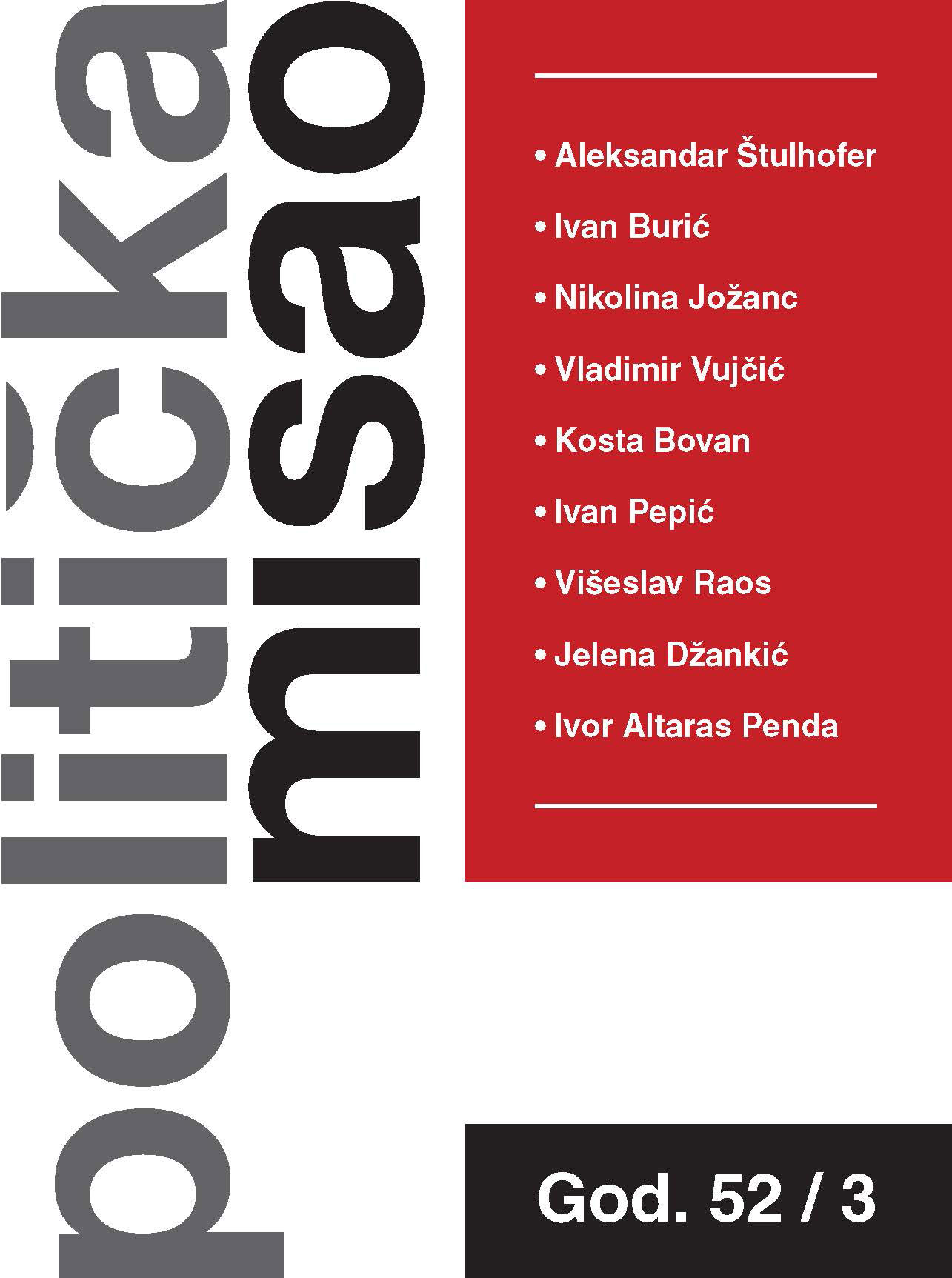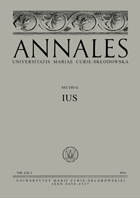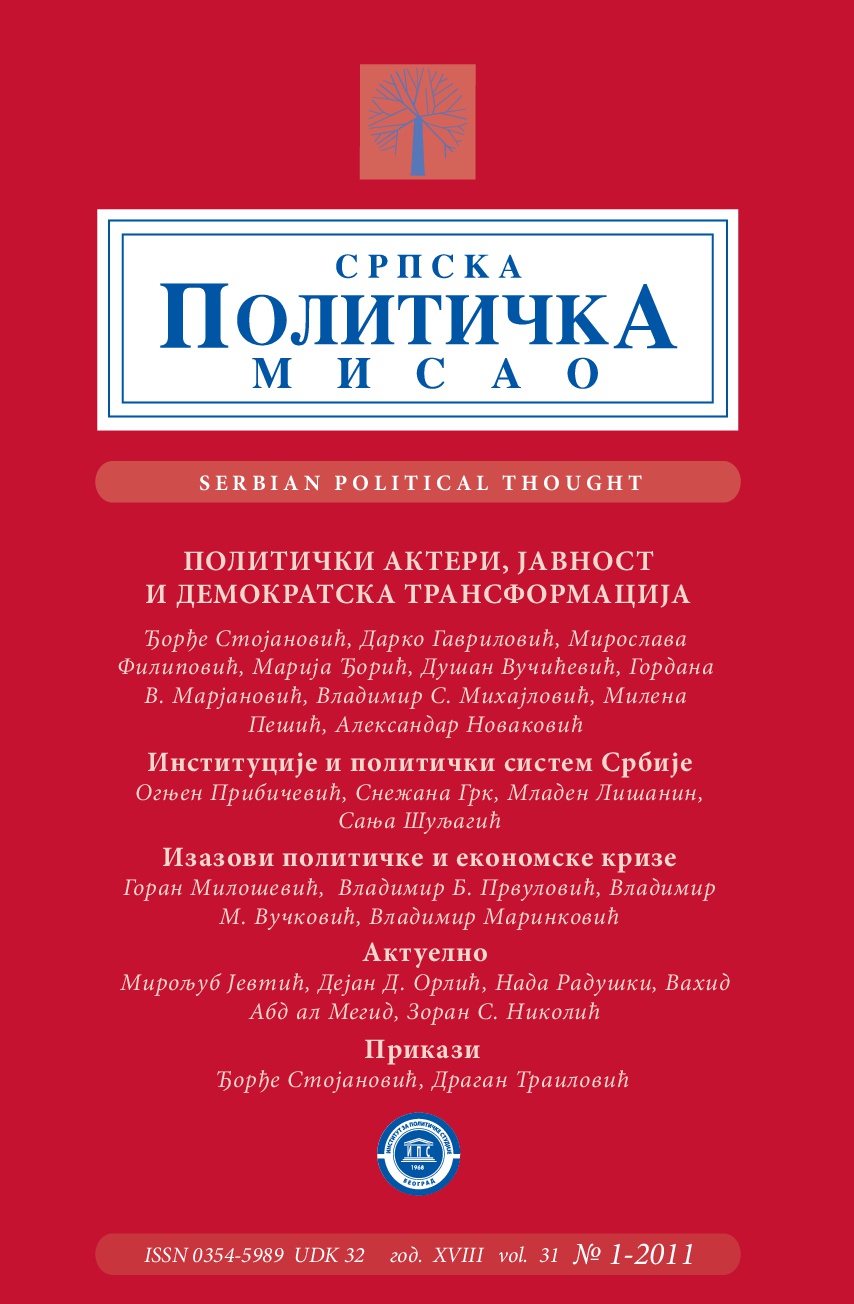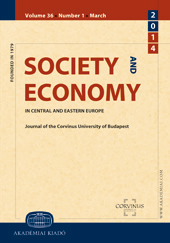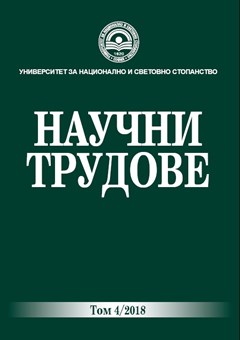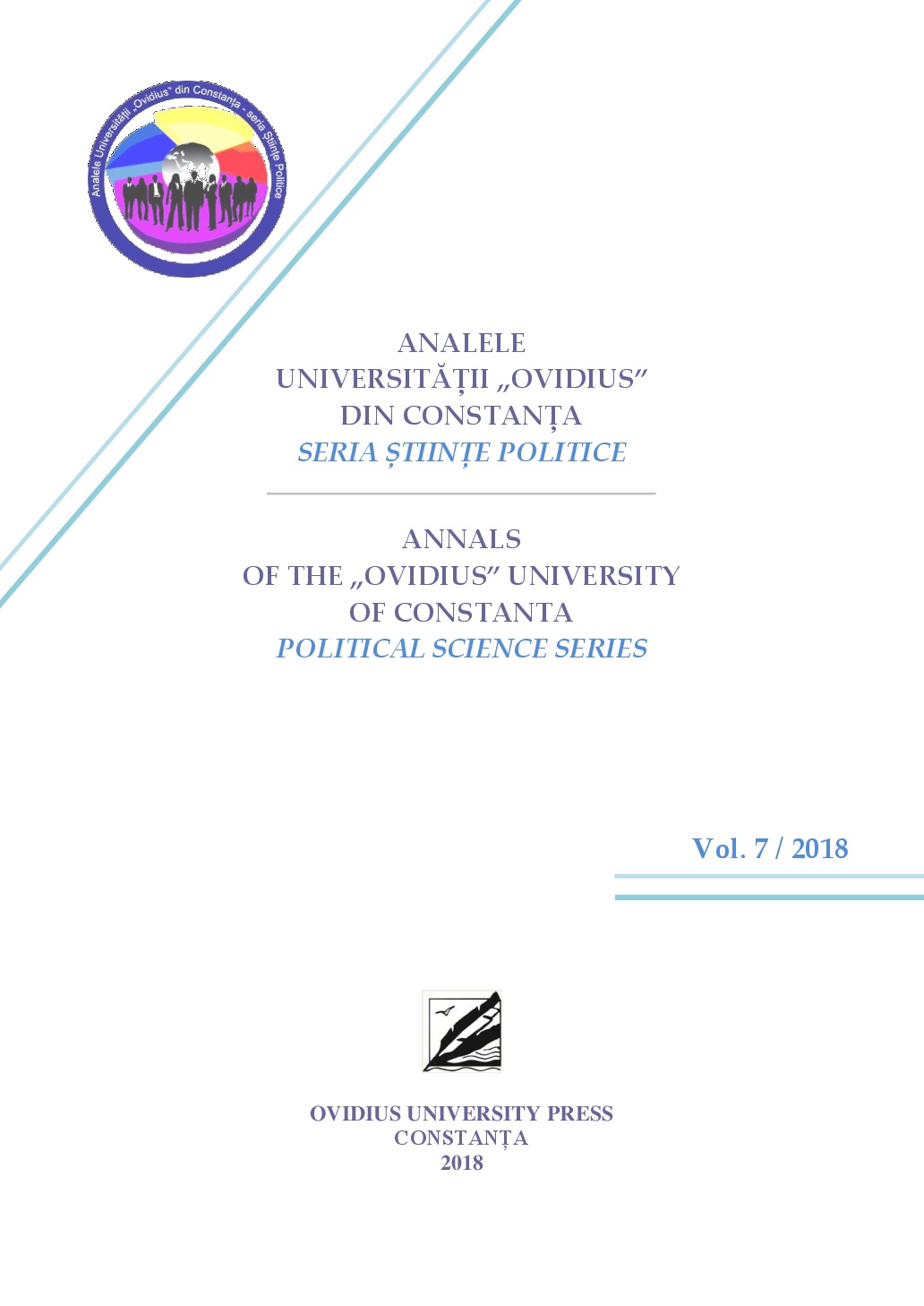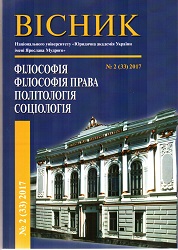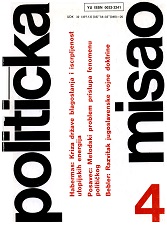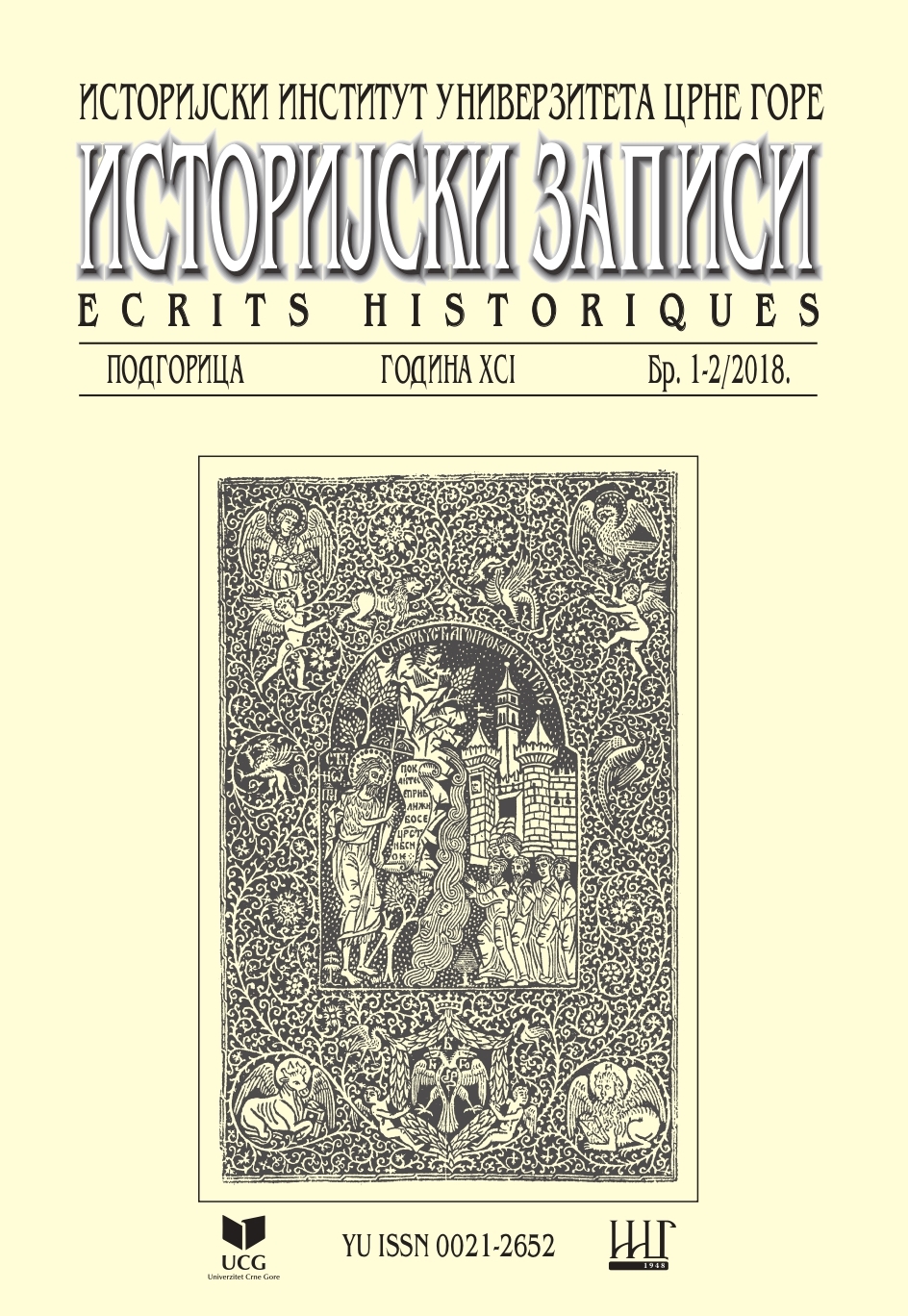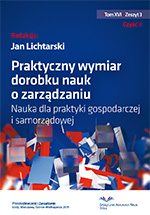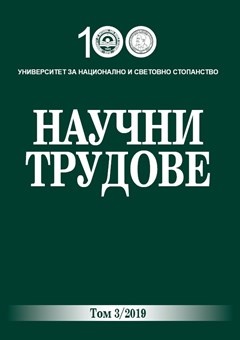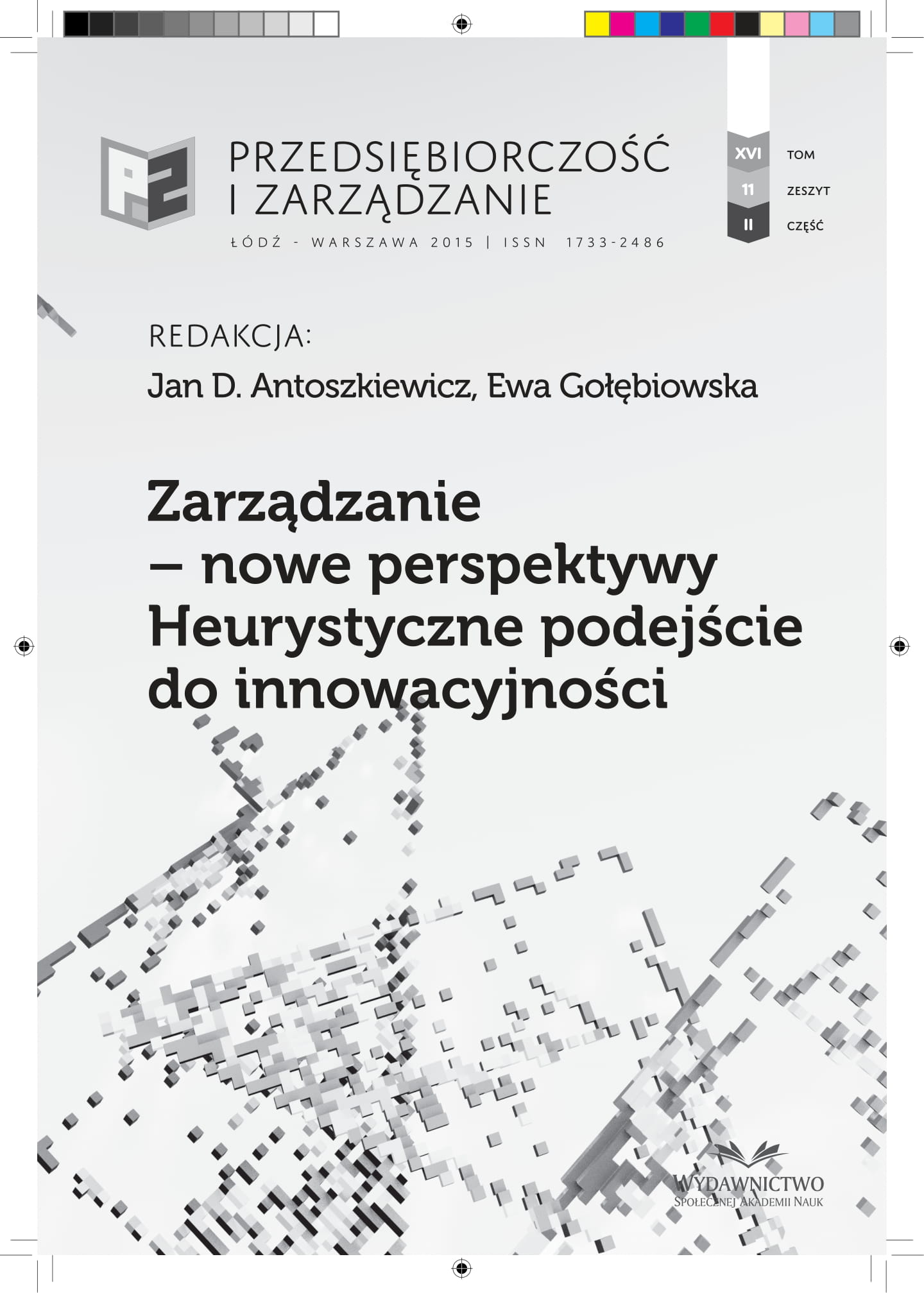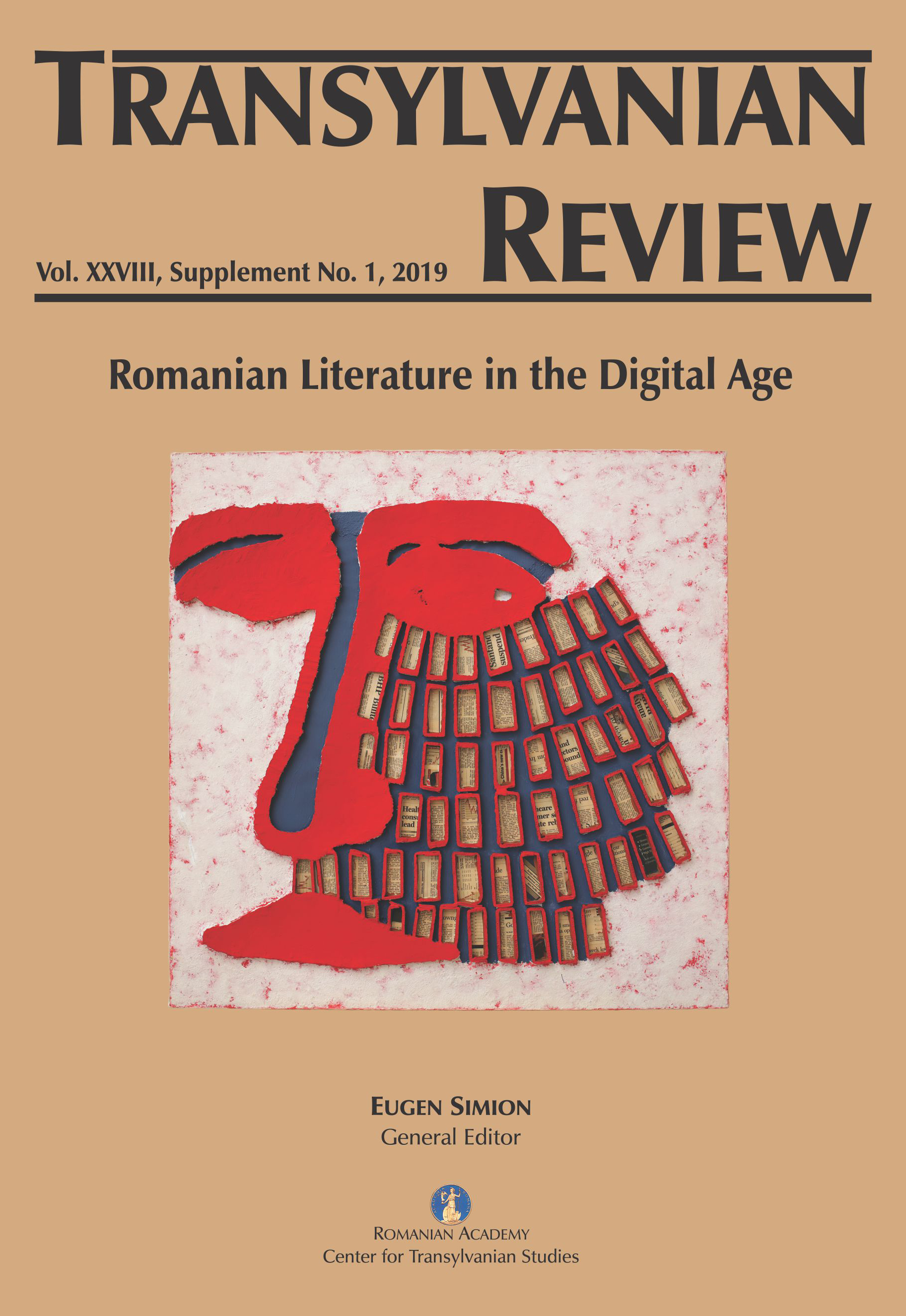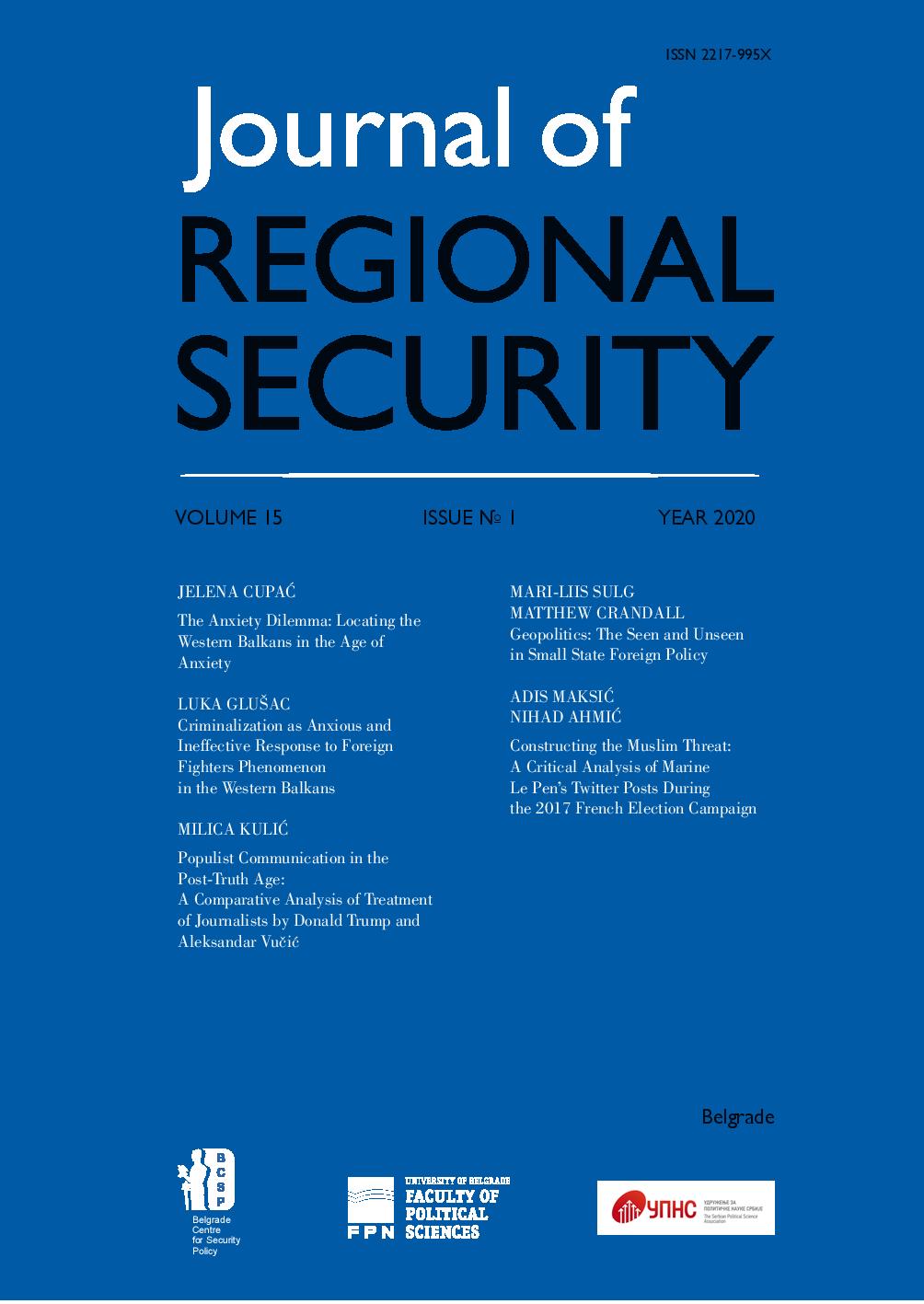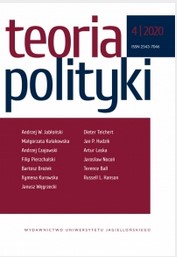Author(s): Liudmyla Mykolaivna Herasina / Language(s): Ukrainian
Issue: 2/2017
The theoretical methodological analysis of political processes in this article allows probing their nature, specific and practices of development. A political process can be interpreted as a system action of all of subjects and objects of policy for realization of public power; activity related to forming, development, transformations and functioning of the political system.The greatest cognitive potential is contained by the paradigms of institutionalism, structurally functional, behaviorism and theory of «rational choice». Institutional approach in political discourse presents the political institutes as dominant «system of co-ordinates» in development of political process. Structurally functional methodology accents attention on an underlying structure and functions of the political system, on the role of social environment in a process. A political process in the theory of «rational choice» is often described as a «public choice», or as certain variations of «scenarios of games». This methodology has wide application: for the estimation of operating international relations and their prospects; to the prognosis of parliamentary activity of factions from forming of coalition, political blocks or groups; at the analysis of electoral conduct of citizens. Prakseology of political processes most expressly demonstrate them scientific typology’s, which was carried out scientists on the base of different criteria. For a scale, allocate the political processes of macro-level, which characterize political development at level held or regions of planet (historical, global; western and «unwestern»; evolutional, revolutionary). Processes micro-level are concrete political events, daily relations of different subjects politicians, which are related to practical realization of individual, group or corporate interests (political co-operation is in a government, parliament, parties, regions of country, structures of local-authority). When a democratic political culture consists in basis of political co-operation of subjects, in society the horizontally organized process is formed on the base of principles of consocial democracy; when a policy is based on a netatism and authoritarian culture, there is the a peak organized political process. Political processes in the post of totalitarian states of Eurasia, Central and East Europe, which Ukraine belongs to, is extremely contradictory – is investigation of the transitional state of society; presence of political subcultures; dysfunctions of institutes of«hybrid» democracy; instabilities of the party and electoral systems; oligarchic of economy; property differentiation of population; corruptions and braking of reforms.A world political process of contemporaneity is a computer-integrated, global process, which represents the various activities of nation-states and those legitimate organs, international organizations and motions (world or continental scale); it – political activity of all of subjects of international relations is consolidated. The specific of world political process is that here the unique, legitimate «center of compulsion» absents with the proper political legal jurisdiction. Consequently, the problem of «balance of powers and interests» acquires ponderability, as a factor of stability (or instabilities) of worldwide policy is important. This process characterizes: variety of political development and different social and political forces; special methods of realization of world power; difficult aggregate of civilization, transnational and peripheral, regional, national and local political processes.Thus, progressive evolution of the civilized people and countries directed anymore on the construction of the democratic, legal state on the base of political pluralism, rights and freedoms of man, developed national economy and culture, high level of welfare and social defense of citizens.
More...
